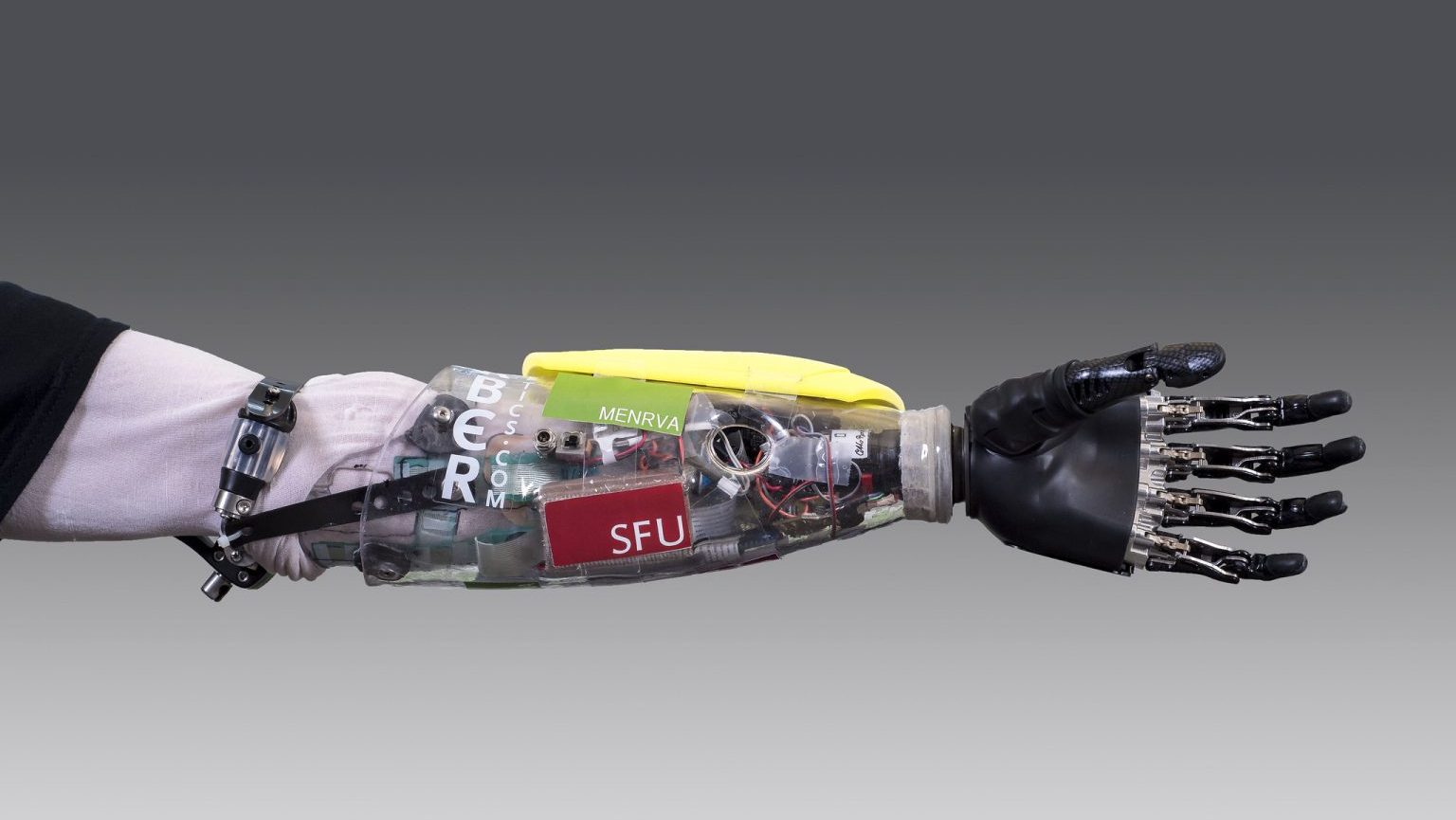According to Gabe Zichermann, founder and CEO of rmbrME, games can improve the outcomes in all of life’s aspects. This video is part of a “Profiles in Entrepreneurship” series with Start Out, which promotes entrepreneurship in the LGBT community. http://www.startout.org
Question: Describe your concept of Funware.
Gabe Zichermann: In addition to doing everything else that I do, I’m the author of two upcoming books, The Engaging Web and Game Based Marketing. They espouse a theory called “fun ware” for which I’ve become associated. This is the premise that basically everything in the world could be more fun than it is today. You can take the lessons learned from the games industry around points and badges and levels and challenges and achievements and bake those into any kind of life experience, whether it’s getting money out of an ATM or working a suicide hotline. Games can help improve the outcomes in every aspect of life and increasingly we’re seeing those trends around us. So “fun ware” and the fun ware blog, which is where I talk about fun ware topics, is a sort of interesting way to package up this movement in society around game mechanics in non-game contexts.
Question: How would you make a suicide hotline fun?
Gabe Zichermann: The suicide hotline example is a good example. I was giving a talk at a conference and one of my co-panelists said, “Well Gabe, this fun ware idea of baking game mechanics into everything you do sounds pretty exciting, but it would be absolutely inappropriate at something like a suicide hotline.” I said, “Well okay, I can concede that adding games to a suicide prevention seems distasteful at first, but I’ll tell you what I do know.” “Here is what I know.” “In any call center setting if you add a game mechanic like a competitive environment where you achieve more if you answer more queries and sell more stuff, people will answer more queries and sell more stuff number one. Number two, I know that it’s a very, very serious matter in which successfully selling an idea, aka, not killing yourself is actually a matter of life and death. While I can’t tell you that it will work because I haven’t personally seen an example of it working I can’t find any evidence that suggests it won’t work.” So would I try it if I was running a suicide hotline? Absolutely, it would be the first thing I’d want to do [as] some kind of incentive structure to get the people answering the phone in the right headspace.
Question: What about ATMs?
Gabe Zichermann: Consider what would happen if tomorrow Bank of America ATMs starting dispensing hundred dollar bills at random when you make a withdrawal. What would happen? Some people would say, “Okay, I hate paying the fee, but I’ll go [to] the Bank of America ATM if I already have to pay the fee because I’m not near one of my banks, might as well have a chance to win.” All the way through to the other opposite reaction, which is I’m going to sit there and play that ATM like a slot machine to see if I can win the hundred dollars. The bottom line is what we know about the ATM fun ware example is that in every single case it’s going to produce a reaction, which is something that you can’t say about any form of traditional marketing. There is no other marketing technique I could bring to bear to guarantee some degree of reaction in people to go use a Bank of America ATM except for the slot machine.
There are lots of possible downsides. There is a gambling issue and of course there is the legal issue, but I think one of the things I think about a lot is the fact that I have yet to see an experience or personal experience, anything in the world, that couldn’t be made more fun. I haven’t played a game that is the ultimate expression of fun. I haven’t filled out my taxes and felt like it was fun. I haven’t ever had that moment where I said we have reached the maximum point of fun and therefore I know that there is plenty of opportunity to do more in the area of making things more fun. While initially it doesn’t necessarily make sense to blur the lines between work and fun, I’m confident that as time goes by and the current generation, which we call Generation G, today’s tweens, grow up to be older, they’re going to expect everything to be more fun. Things that aren’t fun aren’t going to get done.
Recorded on October 22, 2009





